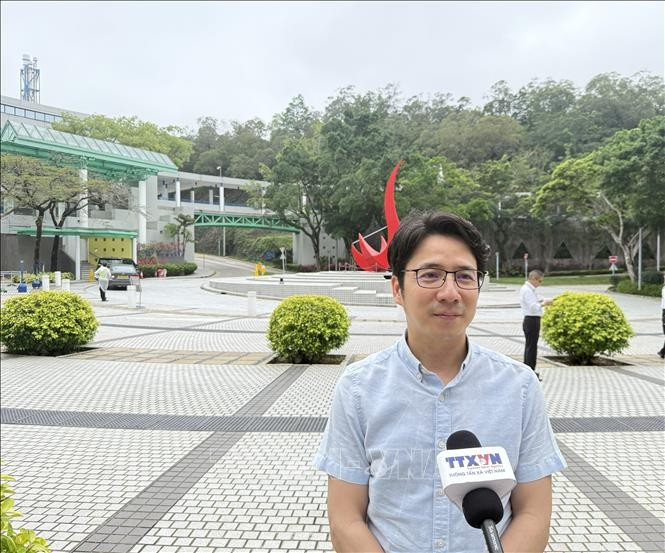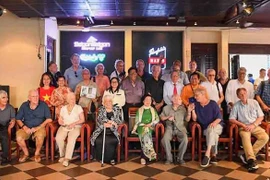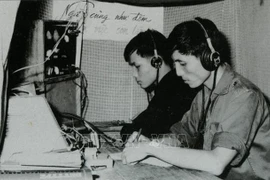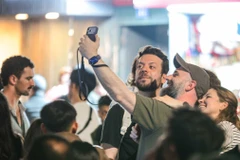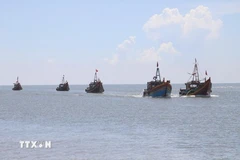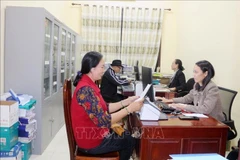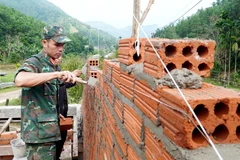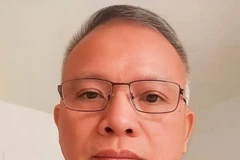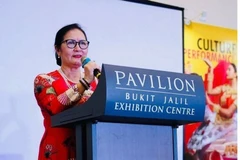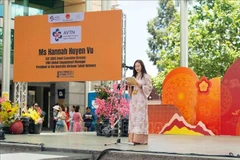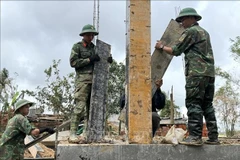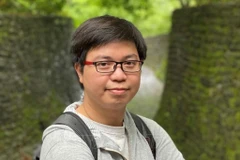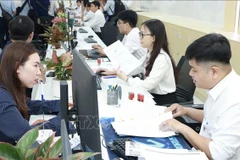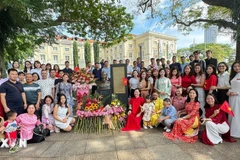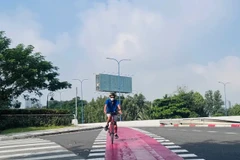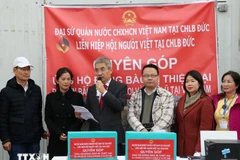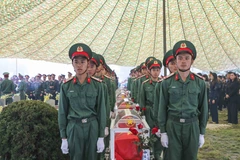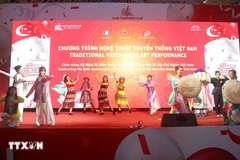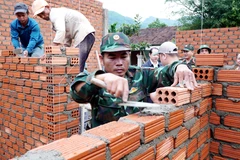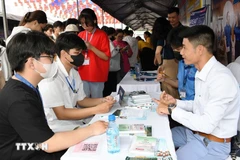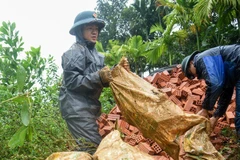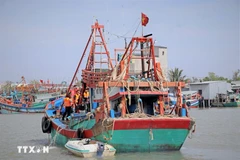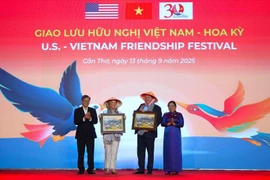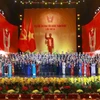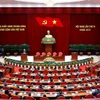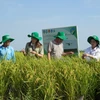Hong Kong (VNA) – The determination of national leaders in different generations and the diligence of Vietnamese people are two key factors contributing to Vietnam’s current potential and position, according to Associate Professor Nguyen Tuan Anh, who is currently working at the Department of Life Sciences at Hong Kong University of Science and Technology (HKUST).
Speaking to the Vietnam News Agency (VNA)’s correspondents in Hong Kong (China), on the occasion of the 50th anniversary of the liberation of the South and national reunification (April 30, 1975-2025), Anh explained that the country’s leaders, across different periods, have remained steadfast in pursuing the chosen path, while also demonstrating flexibility when necessary to adapt to changing circumstances.
Meanwhile, the Vietnamese people - whether living at home or abroad - have always been hardworking and innovative, continuously contributing to the nation’s development and progress, he said.
The scholar expressed his immense pride in Vietnam’s remarkable progress over the 50 years since the liberation of the South and the reunification of the nation.
He emphasised that Vietnam’s significant transformation over the past five decades has created extraordinary opportunities for people born in peace, like himself, enabling them to pursue education and personal growth, both within the country and internationally.
When asked about how lessons from Vietnam’s struggle for reunification can be applied to contemporary challenges, especially in the era of digital economy and the Fourth Industrial Revolution, Anh noted that Vietnam has continued to have visionary leaders, who inspire a spirit of work, national building, and defence across all sectors. He cited the enduring examples of President Ho Chi Minh, General Vo Nguyen Giap, and former Vice President Nguyen Thi Binh.
The current workforce, typically aged between 35 and 55, plays a pivotal role in shaping the nation’s future. It is essential for this generation to focus on training younger people, laying a solid foundation for them to thrive in the next 10-20 years, fully equipped to overcome the challenges of digital economy and the Fourth Industrial Revolution, he held.
The Associate Professor further emphasised that the historic victory of April 30, 1975 left invaluable lessons, the most significant of which is the spirit of self-reliance and self-strengthening in areas such as food security, energy, national defence, and mastering technology.
Moving forward, Vietnam must continue to uphold the principles of mutually-beneficial relations and mutual respect with all nations, regardless of size or proximity, to ensure a secure position in an increasingly interconnected global economy, he recommended.
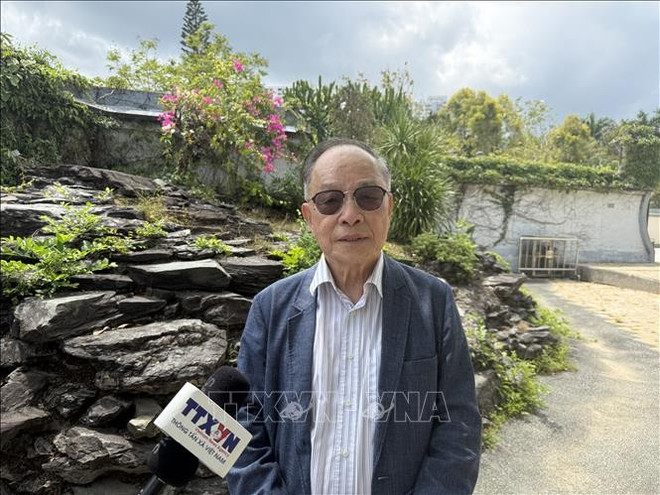
Meanwhile, Tran Phuc Hung, a Chinese-Vietnamese born and raised in Vietnam in the 1940s, shared his reflections on Vietnam’s profound transformation over the past 50 years. After graduating from Yunnan University (China) in 1966, he moved to Hunan province, where he had the opportunity to work as a translator for Vietnamese students learning automotive skills. He recalled how those students exhibited unwavering dedication and determination to acquire the skills necessary to return home and contribute to the country’s national construction.
In 1975, after moving to Hong Kong, Hung frequently travelled between Hong Kong and Vietnam for work and family visits. He visited numerous provinces and cities, including Quang Ninh, Hanoi, Thanh Hoa, Vinh, Ho Chi Minh City, Vung Tau, and Da Lat, and was struck by the impressive development in Vietnam across economic, cultural, and social spheres over the past several decades. Hung has continued to regard Vietnam as his second homeland and remains hopeful for its continued growth and prosperity./.
